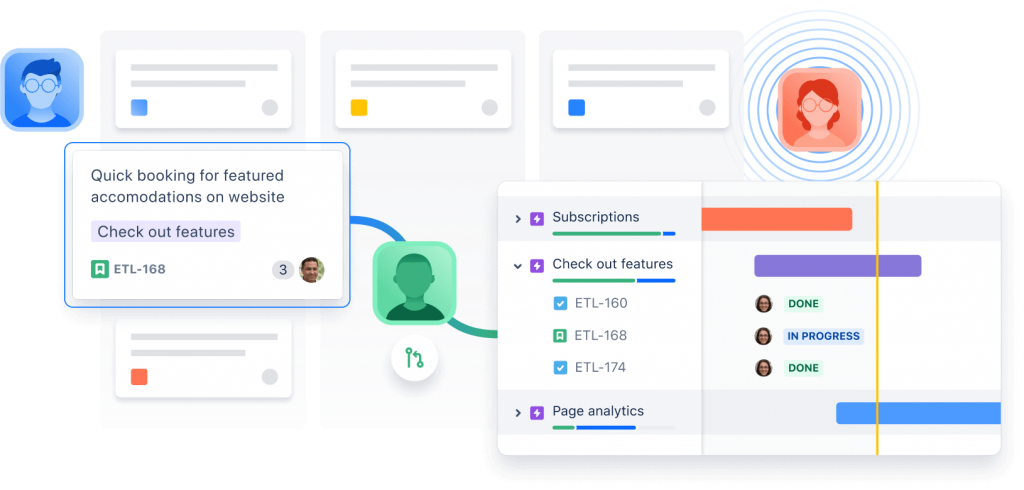
Are you tired of losing track of all the issues that come up in your organization? Do you find it difficult to keep up with the constant stream of problems that need to be solved? If so, you’re not alone. Many companies struggle with issue tracking, which can lead to lost productivity, decreased customer satisfaction, and even legal liabilities. That’s why it’s important to invest in an issue tracking system.
What is an Issue Tracking System?
An issue tracking system is a software application that helps organizations manage and track issues that arise in their operations. These issues can include customer complaints, software bugs, equipment failures, and more. The system allows employees to report issues, assign them to the appropriate team member, track their progress, and ensure that they are resolved in a timely manner.
Benefits of Using an Issue Tracking System
There are many benefits to using an issue tracking system in your organization. Here are just a few:
Improved Efficiency
When you have an issue tracking system in place, you can streamline your workflow and reduce the amount of time it takes to resolve issues. The system allows you to assign tasks to the appropriate team member, track their progress, and ensure that they are completed on time. This can help you get more done in less time, which can lead to increased productivity and profitability.
Enhanced Customer Satisfaction
When you’re able to resolve issues quickly and efficiently, your customers are more likely to be satisfied with your products or services. This can lead to increased loyalty, repeat business, and positive word-of-mouth advertising.
Better Data Management
An issue tracking system can help you collect and analyze data about the issues that arise in your organization. This can help you identify trends, spot recurring issues, and make data-driven decisions about how to improve your operations.
Features to Look for in an Issue Tracking System

If you’re in the market for an issue tracking system, there are several features you should look for. Here are some of the most important:
Customizable Workflow
Your issue tracking system should be customizable to meet the unique needs of your organization. This includes the ability to create custom workflows, define issue types, and set up automated alerts and notifications.
Analytics and Reporting
Your system should be able to collect and analyze data about the issues that arise in your organization. This includes the ability to generate reports, create dashboards, and identify trends.
Integration with Other Systems
Your issue tracking system should be able to integrate with other systems you use in your organization, such as your CRM, help desk, and project management tools. This can help you streamline your workflow and improve collaboration across teams.
Conclusion
An issue tracking system is an essential tool for any organization that wants to improve efficiency, enhance customer satisfaction, and better manage its data. When choosing a system, be sure to look for customizable workflows, analytics and reporting features, and integration with other systems. With the right system in place, you can stay on top of all the issues that arise in your organization and ensure that they are resolved quickly and efficiently.

👤 About the Author
Ashwani is passionate about DevOps, DevSecOps, SRE, MLOps, and AiOps, with a strong drive to simplify and scale modern IT operations. Through continuous learning and sharing, Ashwani helps organizations and engineers adopt best practices for automation, security, reliability, and AI-driven operations.
🌐 Connect & Follow:
- Website: WizBrand.com
- Facebook: facebook.com/DevOpsSchool
- X (Twitter): x.com/DevOpsSchools
- LinkedIn: linkedin.com/company/devopsschool
- YouTube: youtube.com/@TheDevOpsSchool
- Instagram: instagram.com/devopsschool
- Quora: devopsschool.quora.com
- Email– contact@devopsschool.com

